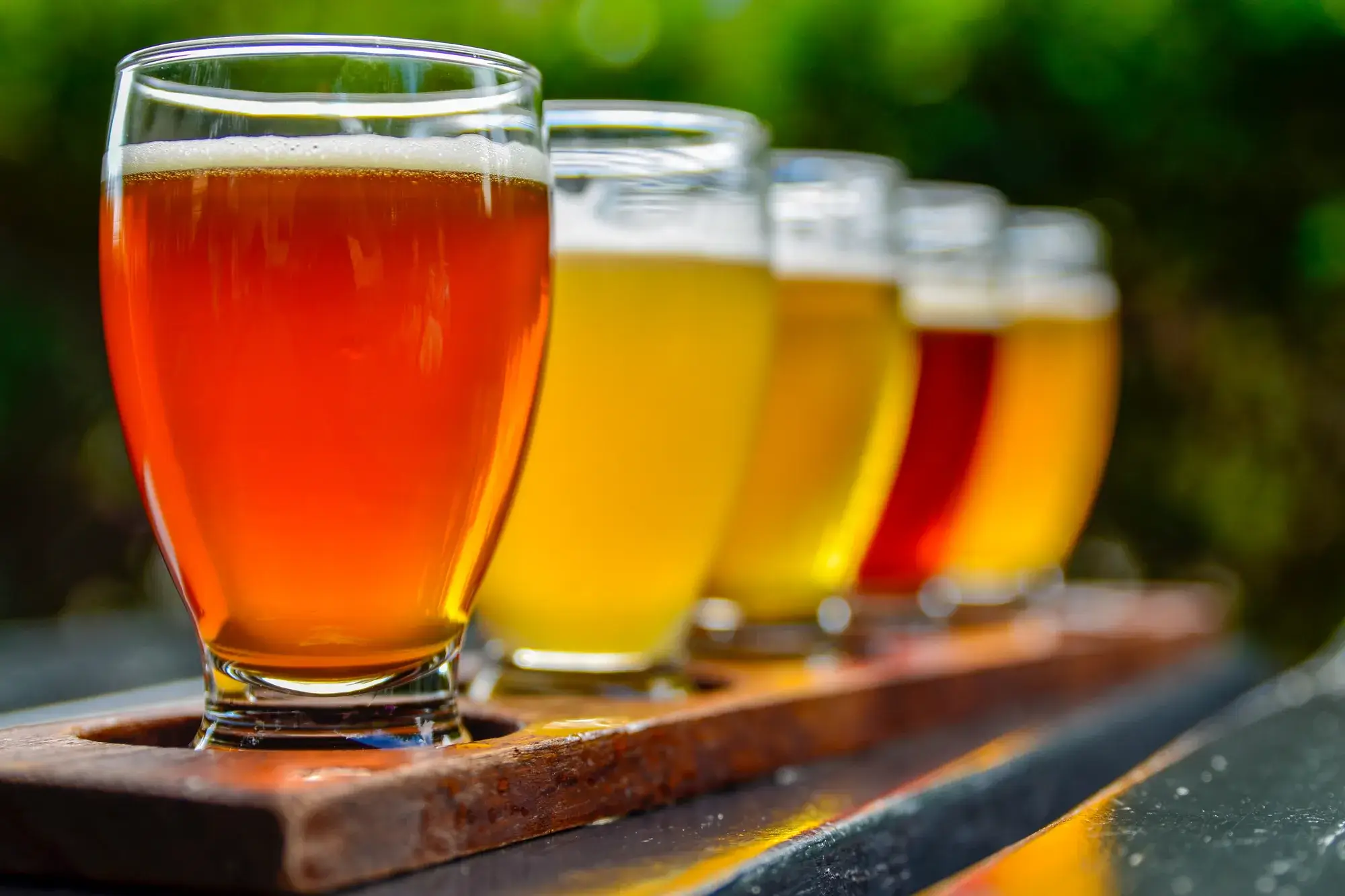-
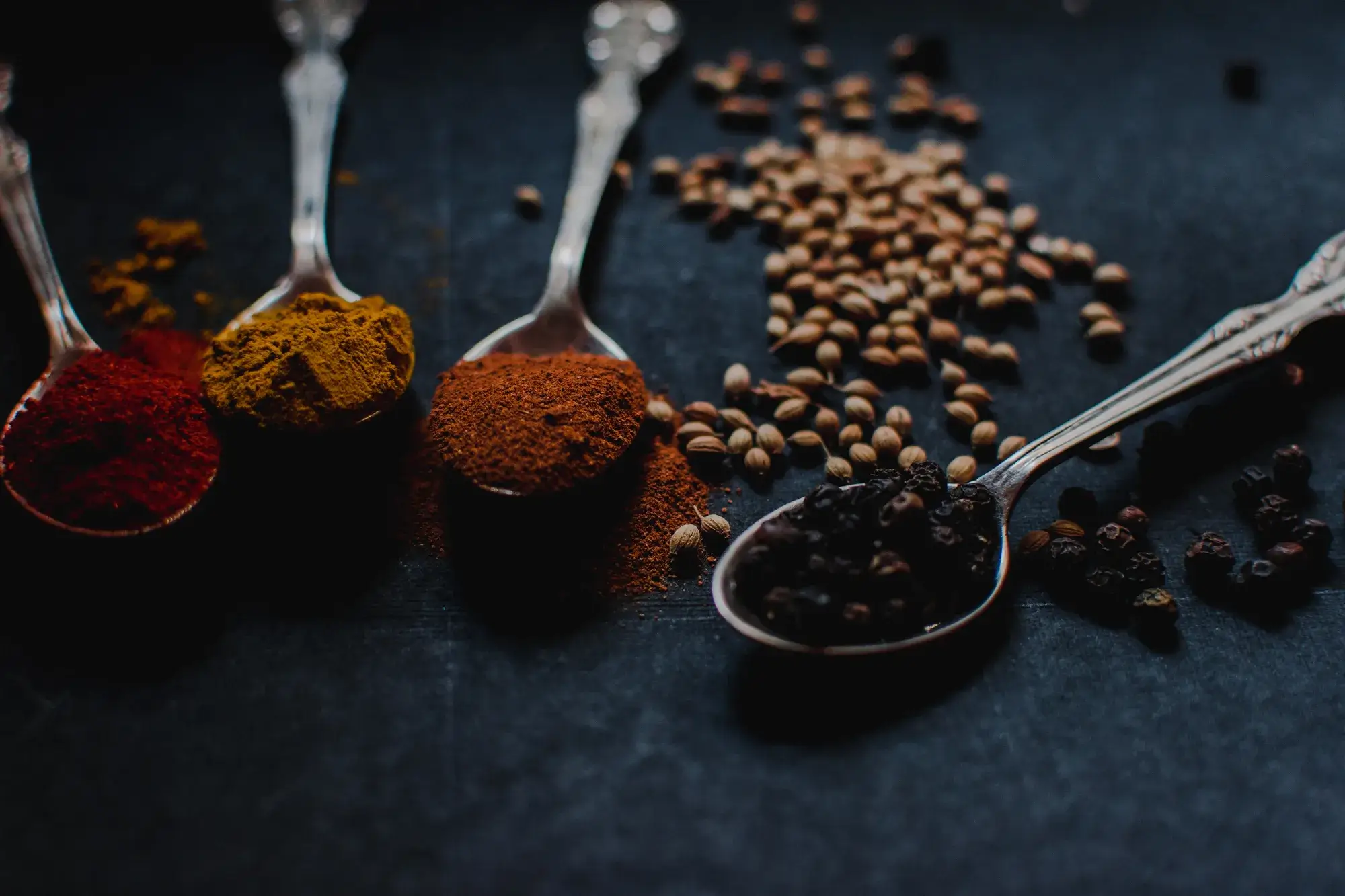
Brewing with herbs and spices: Unleash your flavorful journey
When it comes to brewing, why limit yourself to just malt and hops? The world of brewing opens up exciting possibilities when you dive into the realm of herbs and spices. It’s time to let your creativity flow and experiment with flavors that go beyond the ordinary.
-

Bottling Beer: The Complete Step-by-Step Guide
After a short period, things quiet down in the fermentation vessel. This can only mean one thing: fermentation is nearly complete, and it’s time to start bottling your beer. Let’s begin by filling the bottles. If you’re bottling beer, start by measuring the final specific gravity (SG). This measurement allows you to estimate the alcohol
-
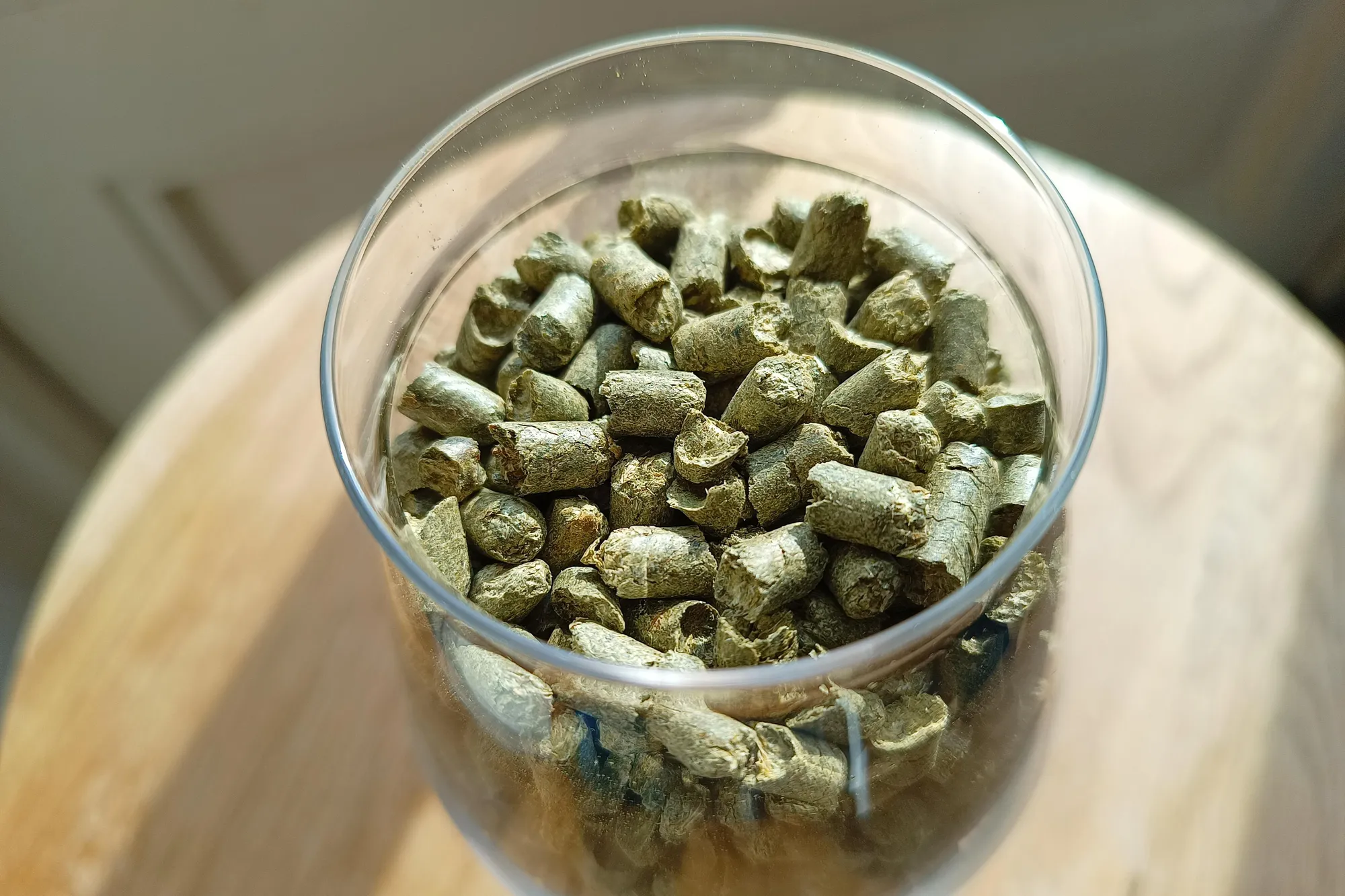
Hop additions in beer brewing: It’s all about the right moment
There are different moments during brewing when you can add hops to the wort. But what are exactly the possibilities for hop additions in beer brewing?
-
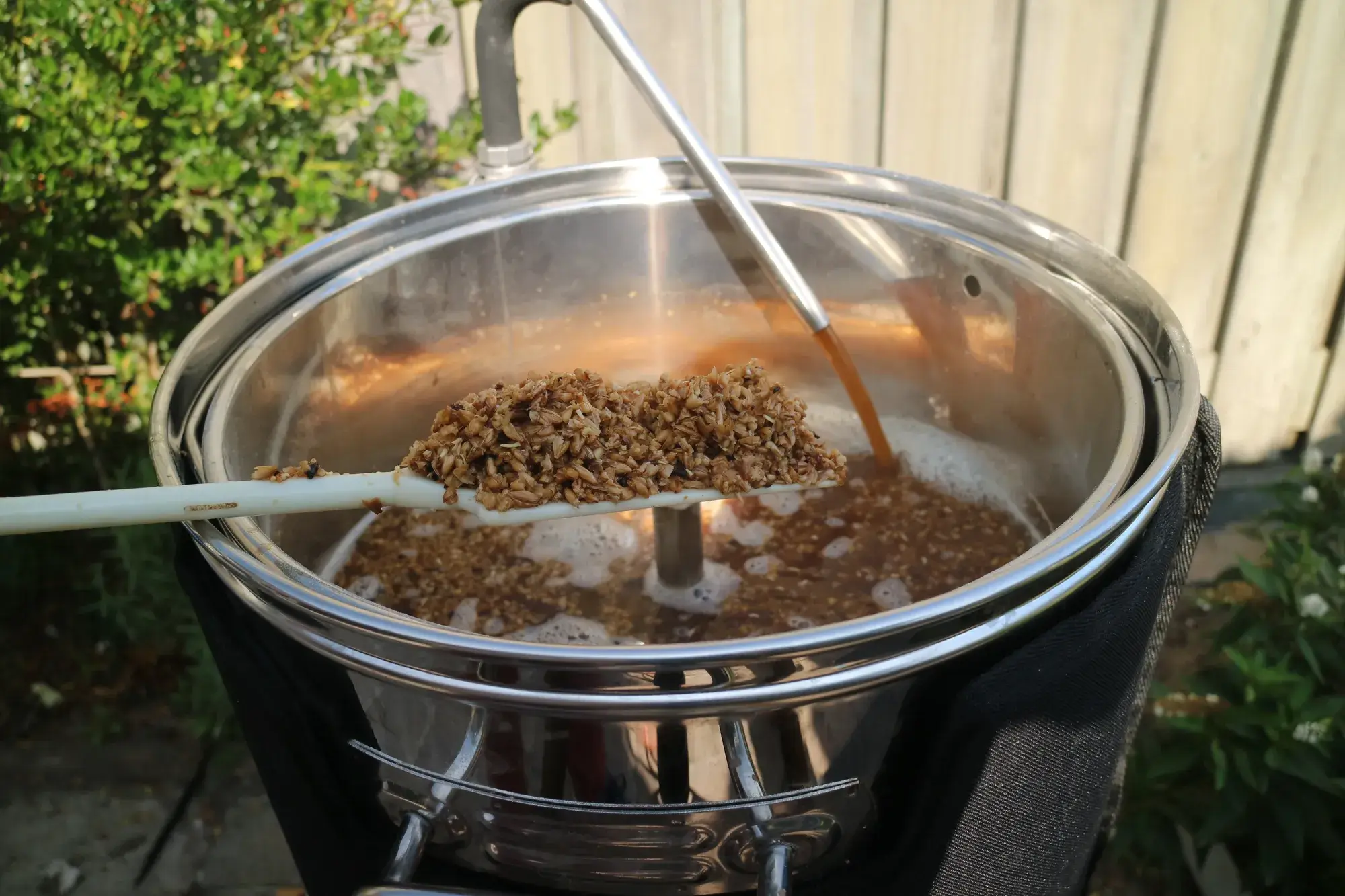
Double mash: brewing heavier beers with large grists
At times, a recipe may call for more malt than your brewing system can handle. In such instances, you have the option to do a double mash. But how does that work?
-
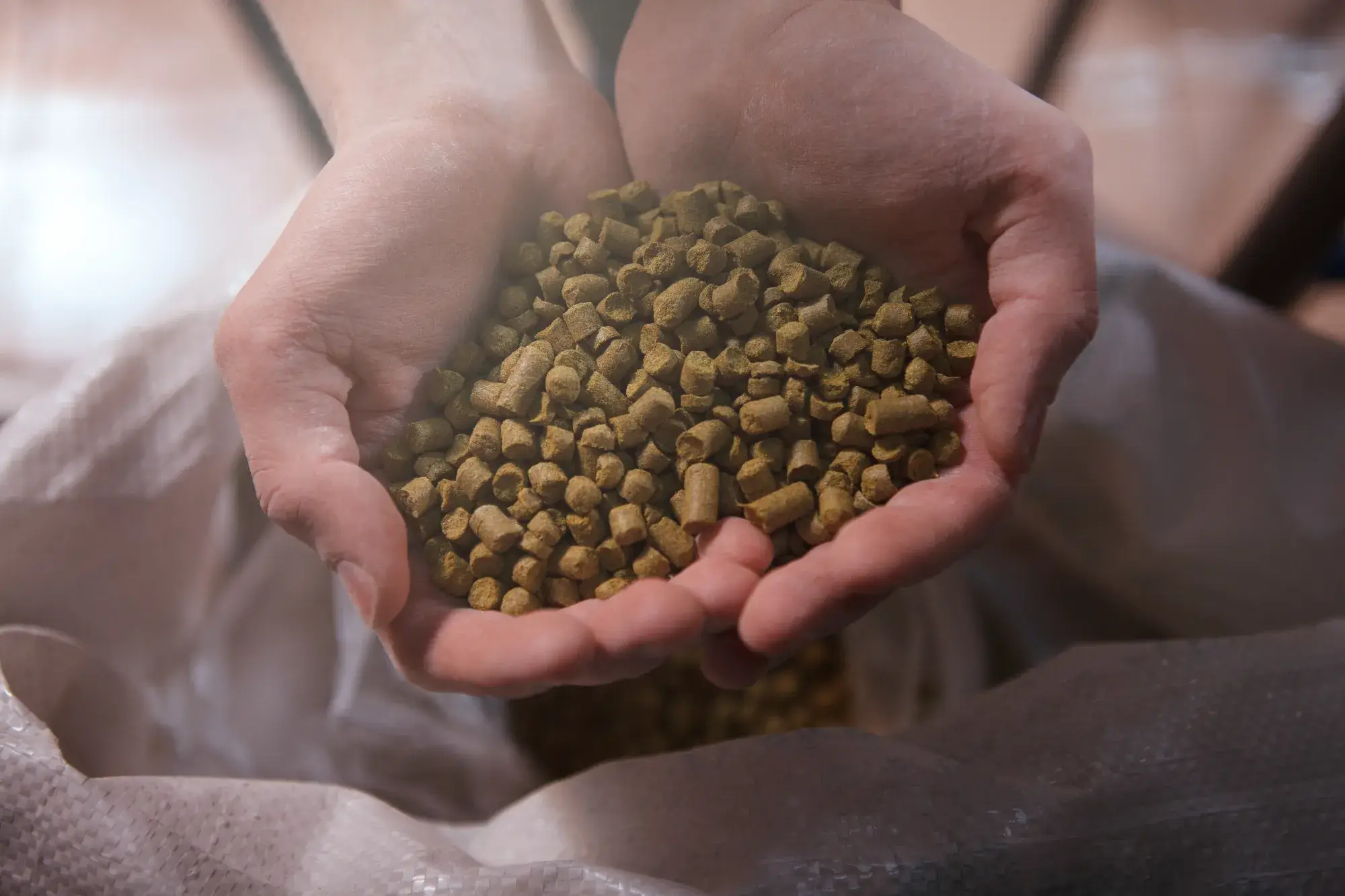
Hops: the essential ingredient for flavorful beer
Hops are a critical ingredient in beer, providing bitterness, flavor, and aroma. Without hops, beer would be overly sweet and lacking in complexity. In this article, we’ll take a closer look at hops and their role in beer, as well as explore the different types of hops available and how to use them in your
-
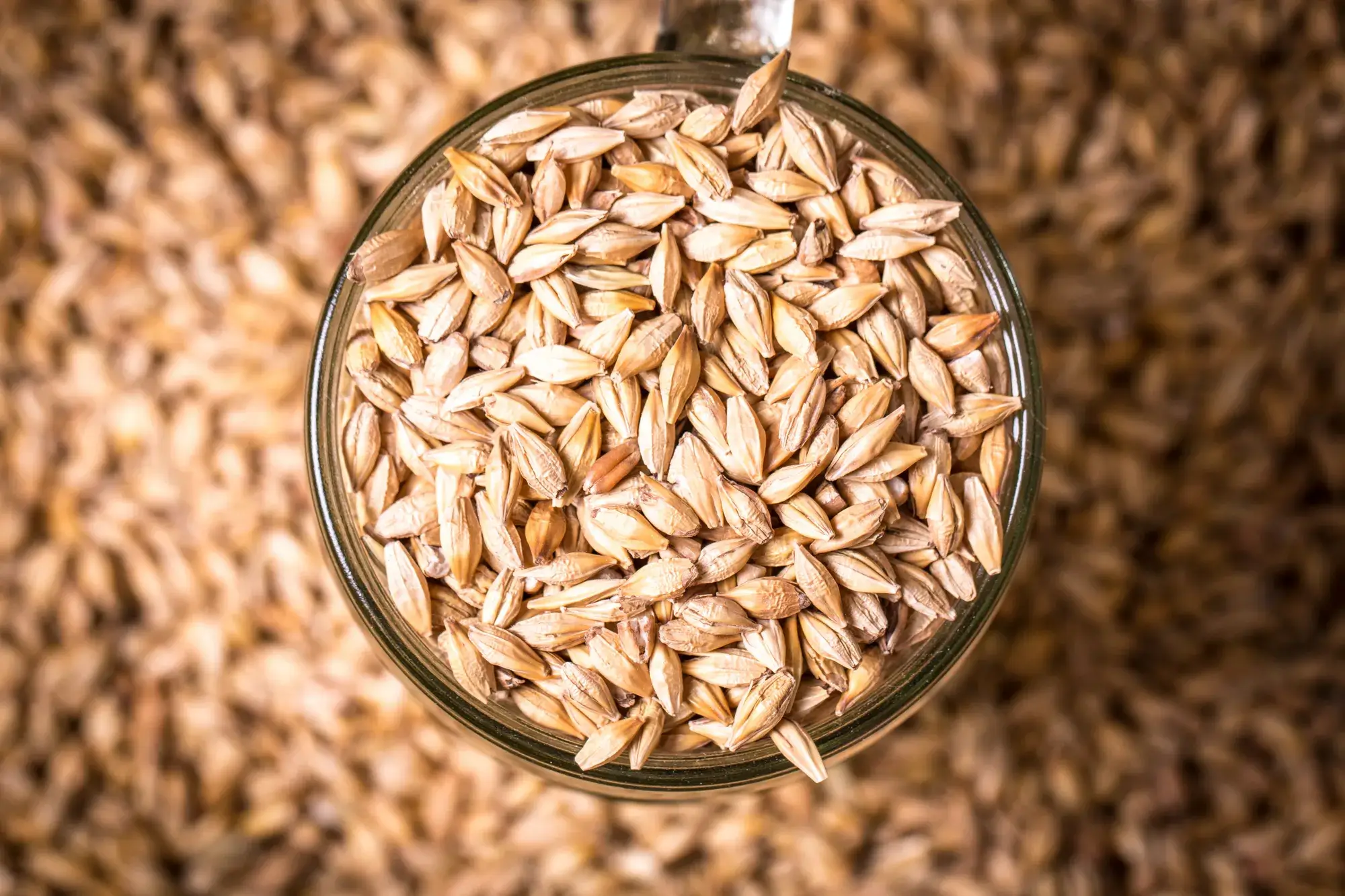
The most common grains used for beer
Grains are the backbone of beer, providing the sugars that are fermented by yeast to produce alcohol. But with so many types of grains available, it can be difficult to know which ones to choose for your brew. In this article, we’ll explore the most commonly used grains in brewing and what each one brings
-

7 most common mistakes in homebrewing
Brewing your own beer is a great way to spend some spare time. However, it can also be frustrating, especially when things don’t turn out quite as expected. Many beginners in homebrewing make common mistakes that can negatively impact the final product. In order to help you avoid these pitfalls, we’ve compiled a list of



